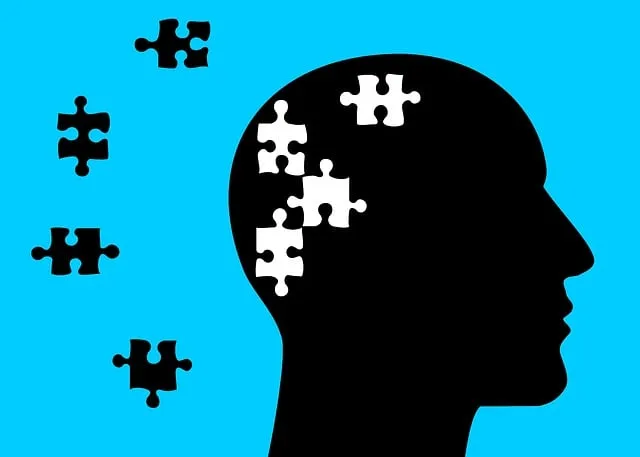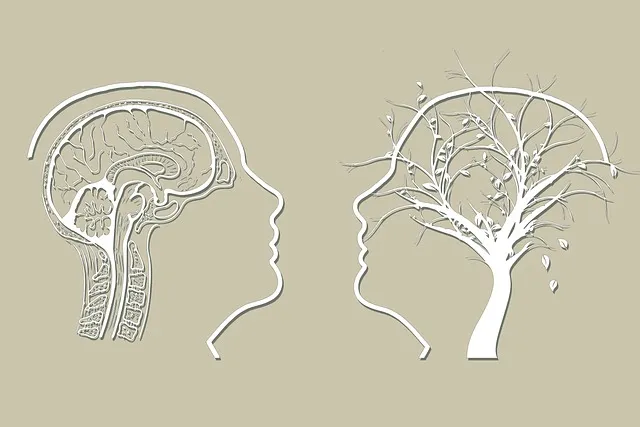The Kaiser Permanente behavioral health center in Lone Tree is pioneering public awareness campaigns that transform communities by educating individuals about mental health, depression prevention, and anxiety relief. Leveraging diverse media platforms and community events, they break down stereotypes, empower people to take proactive steps for well-being, and foster behavioral health within the community. Their creative initiatives focus on crucial topics like social skills training, ensuring a comprehensive approach. By understanding local demographics and cultural context, these campaigns reduce stigma and encourage help-seeking behaviors, normalizing conversations around mental health. The center employs robust evaluation methods to ensure campaign success through data analysis and participant feedback, refining strategies to meet community needs.
Public awareness campaigns play a pivotal role in shaping behaviors and improving public health, as demonstrated by initiatives at the Kaiser Permanente Behavioral Health Center Lone Tree. This article explores the development of impactful campaigns, focusing on strategies that drive behavior change. We’ll delve into key components, creative communication techniques, and evaluation methods used at the center to enhance mental well-being. By understanding these elements, organizations can craft effective campaigns, measure success, and positively influence communities, such as those served by Kaiser Permanente Behavioral Health Center Lone Tree.
- Understanding Public Awareness Campaigns: Their Role and Impact at Kaiser Permanente Behavioral Health Center Lone Tree
- Key Components for Developing Effective Campaign Strategies
- Implementing and Promoting Behavior Change through Creative Communication
- Measuring Success: Evaluation Methods and Data Analysis at the Center
Understanding Public Awareness Campaigns: Their Role and Impact at Kaiser Permanente Behavioral Health Center Lone Tree

Public awareness campaigns play a pivotal role in educating communities about various health issues and promoting behavioral well-being. At Kaiser Permanente Behavioral Health Center Lone Tree, these campaigns have been instrumental in reaching out to individuals seeking support for mental health challenges. The center understands that raising awareness is just the first step; it must also foster a sense of community and encourage proactive measures towards better mental health.
Through creative initiatives, the center aims to educate people about essential topics such as social skills training, depression prevention, and anxiety relief. By utilizing various media platforms and community events, Kaiser Permanente Behavioral Health Center Lone Tree ensures that valuable information reaches a diverse audience. These campaigns not only help in breaking down stereotypes associated with mental health but also empower individuals to take charge of their well-being.
Key Components for Developing Effective Campaign Strategies

Developing effective public awareness campaign strategies requires a multifaceted approach, especially when addressing sensitive topics like mental health. One notable example is Kaiser Permanente behavioral health center in Lone Tree, which has successfully engaged its community through a multi-channel strategy. Firstly, understanding the target audience’s demographics and cultural context is vital to tailoring messages that resonate deeply. By focusing on both the unique challenges and strengths of the local community, the center has fostered trust and accessibility.
Secondly, integrating diverse media formats enhances engagement. This includes leveraging social media platforms for viral campaigns that spark conversations around emotional healing processes, as well as traditional methods like community events and partnerships with local businesses to promote depression prevention initiatives. Such an inclusive approach ensures that messages reach a broader spectrum of individuals, ultimately contributing to raising awareness, reducing stigma, and encouraging seeking help when needed.
Implementing and Promoting Behavior Change through Creative Communication

Effective public awareness campaigns aim to implement and promote behavior change through creative communication strategies. At Kaiser Permanente behavioral health centers like Lone Tree, these initiatives are crucial in addressing various mental health challenges. By leveraging engaging content, storytelling, and innovative media formats, organizations can capture attention and foster understanding. For instance, workshops focusing on mood management, stress reduction, and resilience building have shown significant impact when coupled with compelling visual narratives and interactive elements.
These campaigns not only educate but also inspire action by presenting practical tools and techniques that participants can incorporate into their daily lives. Incorporating feedback from target audiences ensures the messages resonate deeply, fostering a sense of community and shared purpose. Through such creative communication, Kaiser Permanente behavioral health centers strive to normalize conversations around mental health, ultimately encouraging proactive measures for well-being.
Measuring Success: Evaluation Methods and Data Analysis at the Center

Evaluating the success of public awareness campaigns is a meticulous process that forms the backbone of any effective initiative. At the Kaiser Permanente behavioral health center in Lone Tree, professionals employ robust evaluation methods to gauge the impact of their mental health campaigns. This involves a comprehensive data analysis approach, where various metrics are scrutinized to understand campaign effectiveness. By assessing key indicators such as knowledge gain among participants, changes in attitudes towards mental health, and increased help-seeking behaviors, the center can pinpoint areas of success and identify gaps that need addressing.
For instance, when focusing on Depression Prevention or Mood Management campaigns, the Lone Tree behavioral health center employs risk assessment tools to track potential improvements in mental well-being. These assessments, coupled with participant feedback, provide valuable insights for refining future strategies. Such data-driven decisions ensure that campaigns remain relevant and tailored to the needs of the community, ultimately fostering a healthier environment where mental health is openly discussed and managed effectively.
Public awareness campaigns, as demonstrated by initiatives at the Kaiser Permanente Behavioral Health Center Lone Tree, play a pivotal role in promoting positive behavior change and enhancing community well-being. By combining strategic planning with creative communication, these campaigns effectively engage and educate audiences. The success of such programs is measured through robust evaluation methods and data analysis, ensuring continuous improvement and maximum impact. Incorporating these key components—from understanding the target audience to measuring outcomes—is essential for developing and implementing impactful public awareness campaigns, specifically tailored to meet the unique needs of the Kaiser Permanente Behavioral Health Center Lone Tree and other healthcare organizations.






